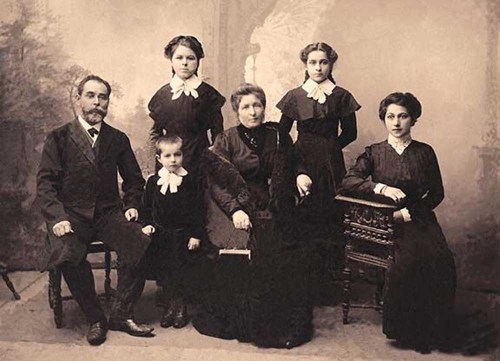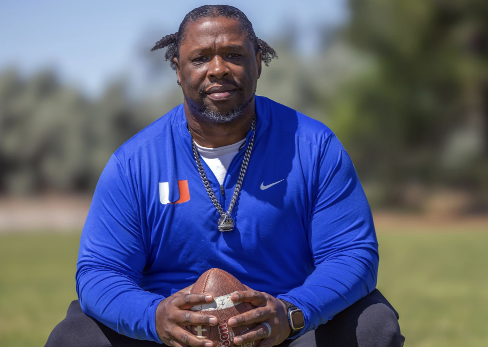Teaching your children about their heritage
Published 10:00 am Friday, March 1, 2024

- 547142358
If you have a fourth grader this year, there’s a chance they will take a trip this spring to the Umatilla County Historical Society’s Heritage Station Museum. As Director of Programming and Education, it’s always fun for me when kids visit and recognize the names of family or friends. It is amazing the stories they can tell you about their family history. You may not realize it but those little brains are soaking it all up and one day they will pass those stories on to their children and grandchildren.
When we talk about heritage, it can refer to cultural traditions, foods, celebrations, and even clothing — essentially all the things we pass down to our children. Many families already weave these things into their lives. For those that don’t, it can be an interesting family experience to explore the traditions of your cultural background. This can be especially fun for kids who are adventurous when it comes to food.
Something I’ve always enjoyed is how my cousin integrates cooking and trying new foods to teach her children about not only their European background but also their Korean heritage. Because she set the tone early in their lives, they are now very adventurous when it comes to trying new foods, as well as learning about different cultures.
Fourth grade is when students are learning about the Oregon Trail and it often sparks conversations about family history which can open the door to genealogy. Here are a few age-specific ideas for tracing your family lineage:
Ages 4-6
Build a family tree. This is a simple exercise that helps children understand the connections on each side of the family. Draw your own, download one off the internet or pick up a book on genealogy for kids. Heritage Station Museum also offers a free family tree worksheet for kids at the front desk to help you get started. Tell stories. This is such a great age for bedtime stories. Kids are often caught up in the story and remember the details later. You could even create a photo book of the people in your stories to help your child make the connection.
Ages 7-12
Interview family. A great learning tool is having your children interview family members about their lives. This is a wonderful way to capture stories you may not know about your family and help children connect with older family members. This can be done over and over again with the same people, there is always so much more to learn. It can be a great way to find out details of relatives who immigrated, by asking where they came from and how they made the journey.
Start an “About Me” book. This helps your child to get the basics down when learning how to research family. Have your child start with themselves, then work on siblings, parents, branching out to grandparents. Grandparents are a resource. While it’s easy enough for parents to help a child look up dates and plot a family tree, grandparents have vital information you may not have, such as great grandparent names and dates or aunts and uncles you may have never met. Let grandparents help list out the generations they remember.
Age 13 and up
Many of the previous activities still stand, but once kids reach their teens, they are ready to learn about how to research ancestors. This is a great activity to do together, searching online records, newspapers, and how to use the right genealogy forms.
There are several online services that offer free tools to do family searches, find gravesites, and dig into ancestry. The Heritage Station Museum website has a list of helpful research links on their website at www.heritagestationmuseum.org. They also offer locally focused stories in their publication Pioneer Trails, available in the museum store. Other resources include local libraries, which often have a collection of genealogy resources that can help families in their service area. The Blue Mountain Genealogy Society works with people who are learning or might have hit a dead end. They are a valuable resource with years of experience.
Tracing your genealogy is something that appeals to all ages and can be a great way for children to connect with you and your extended family.
Make it fun! Tracing your ancestors is a lot like being a detective: you must look for clues that connect the dots. But the best part is the journey you will be taking through history with your children and the memories you will be creating.









